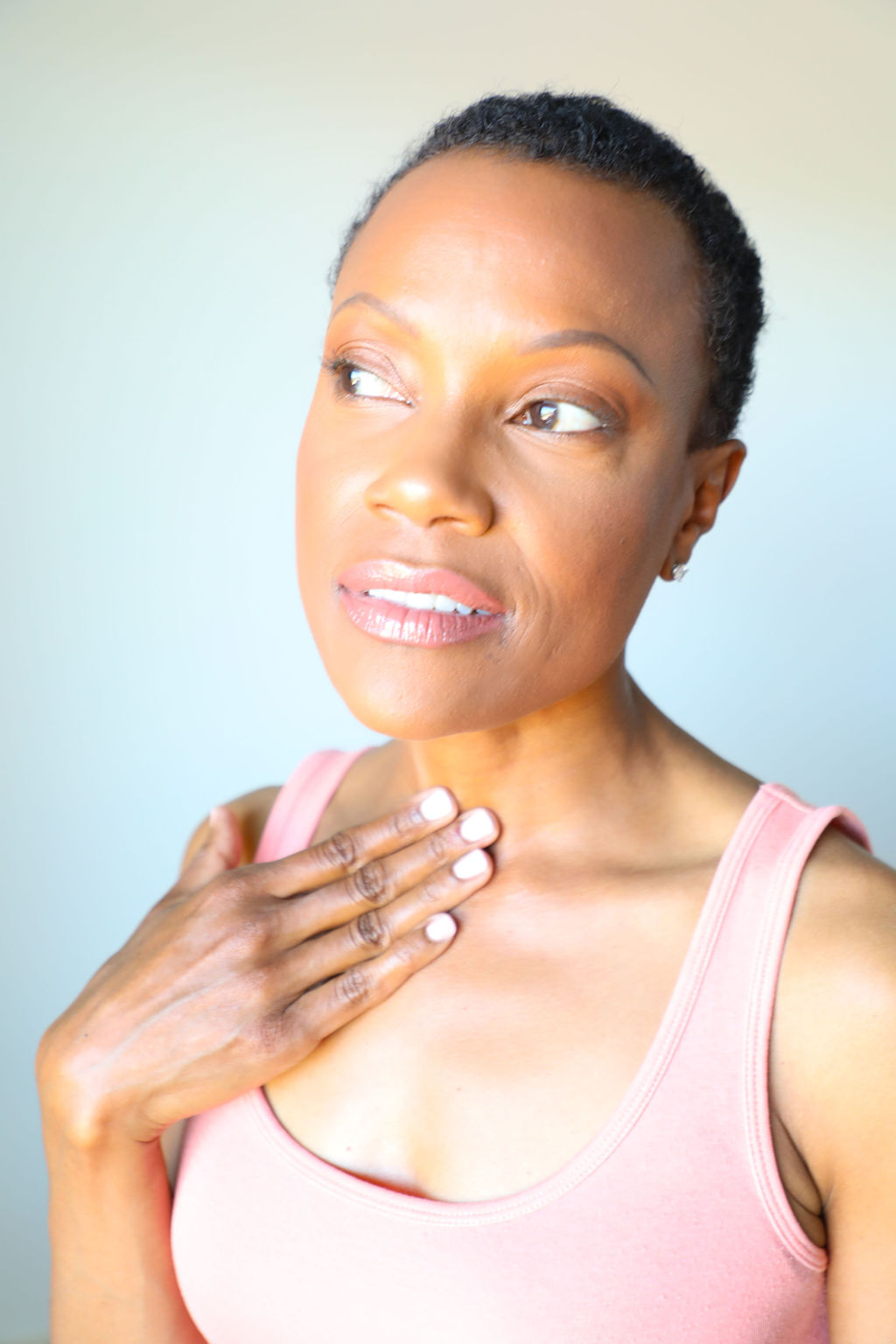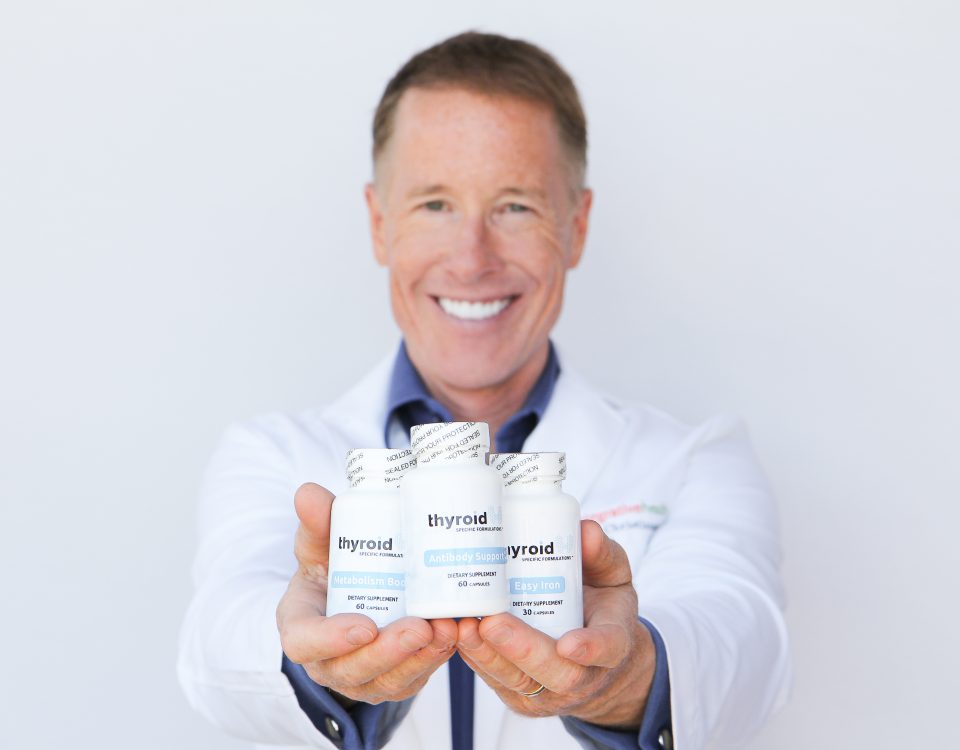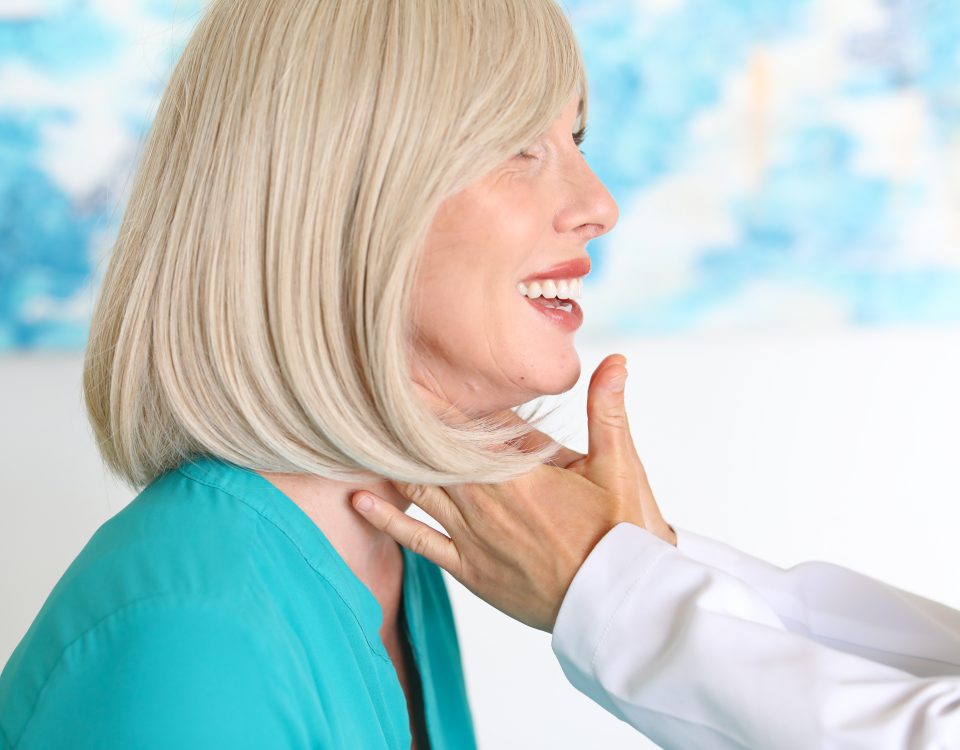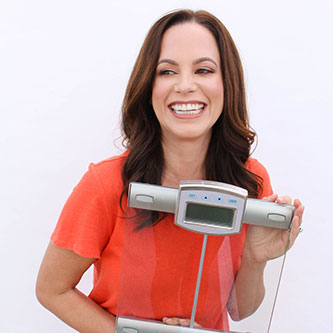Question: How to Get off Thyroid Medication Naturally?
My question is, do you in any way advise that Hashimoto’s people come off or wean off their thyroid extract as they heal and feel better?
This is something that I always feel afraid to do, but it seems a double-edged sword as I am also concerned my thyroid gland may atrophy due to being on hormone support for so long.
I would really appreciate your advice on these questions!
Many thanks,
Stacey
Breaking Down The Science
This is a great question and one that comes up quite a bit.
The idea of being forced to take a pill for the rest of one’s life could certainly be seen as a loss of freedom. However, for many, it is possible to learn how to wean off or get off of thyroid medications naturally, including Levothyroxine and other drugs.
Roughly 25% of people with Hypothyroidism from Hashimoto’s typically have the condition reversed due to sheer luck. 20 to 30% tend to have their thyroid gland destroyed and left unable to make much of any hormone at all.
So roughly half the people with Hashimoto’s end up with a thyroid gland that functions normally but is at risk of slowing.
Those numbers come from studies tracking people who take new special steps to improve their situation. It is possible that the odds are even better for those who avoid iodine, stay caught up on sleep, use desiccated thyroid, get enough selenium and Vitamin D, and minimize processed foods.










